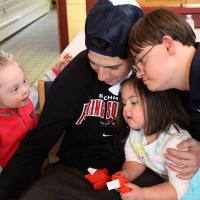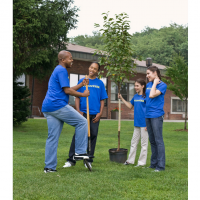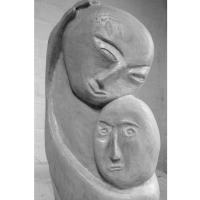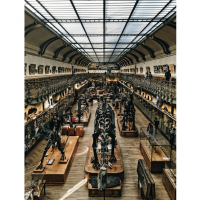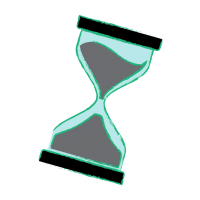Lead a discussion about the power of words to include, instruct, and inspire action. Participants analyze quotes by Dr. Martin Luther King, Jr, about being open and inclusive. Design social justice posters to teach others about what they learned.
- Read more about Powerful Words Unite Us in Service - secondary
- Log in or register to post comments
